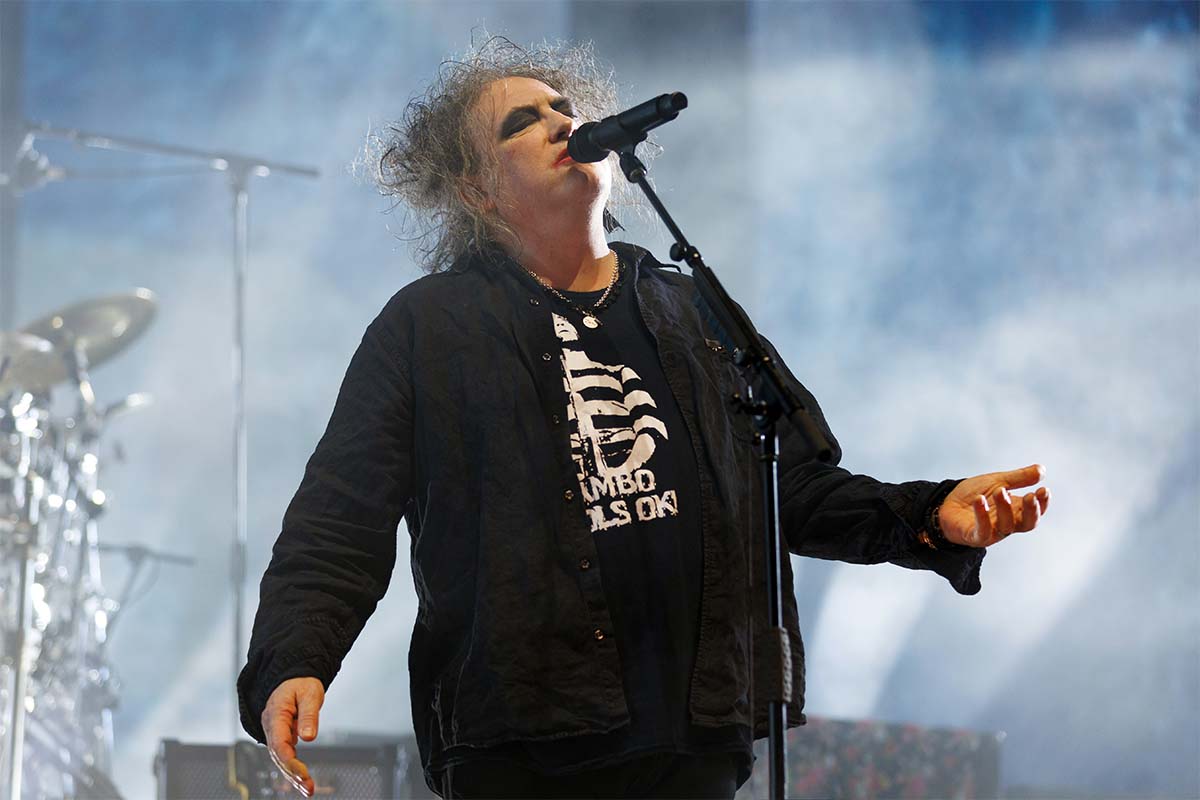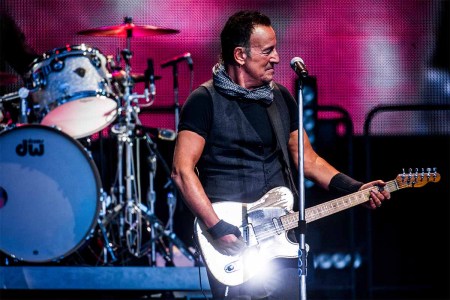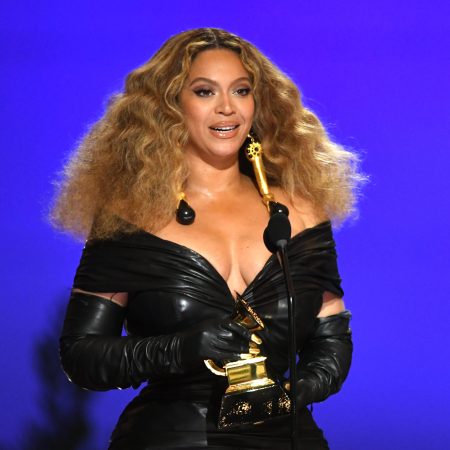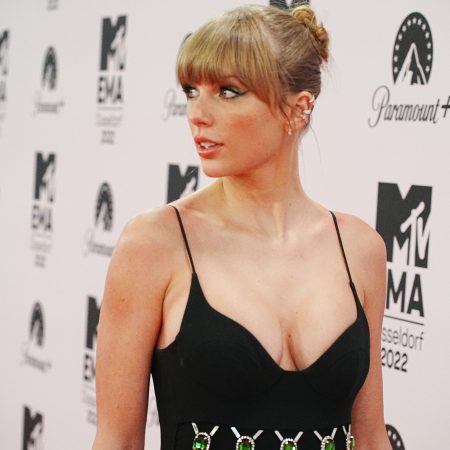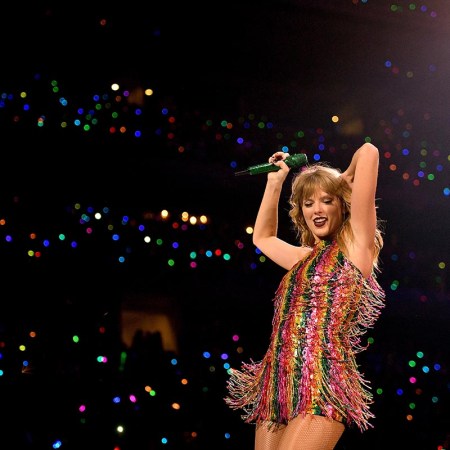The Cure is touring North America for the first time since 2016, and unlike other iconic rock artists, they’re going to forego dynamic pricing, VIP packages and egregious ticket reselling prices on their new Shows of a Lost World tour. But will it work?
“We want the tour to be affordable for all fans, and we have a very wide (and we think very fair) range of pricing at every show,” the band wrote in a social media post on March 10. To that end, tickets will not be transferrable — tickets will be only available to resell at face value on a ticket exchange.
Per IQ, fans had until March 13 to register with Ticketmaster’s Verified Fan scheme, which involved a “lottery-style process” to determine who would receive a unique access code or be put on the waitlist (yours truly entered, wish me luck) on March 15, the first day of ticket sales. While this sounds great in theory, well-meaning artists from Radiohead to Nine Inch Nails have previously tried to limit ticket scalping and other measures to ensure “fair access” for fans at decent prices. Results have been mixed. Even The Cure has already expressed frustration, noting that “despite our desire to protect our low ticket prices for fans, the states of NY, IL and CO make this very difficult — they actually have laws in place that protect scalpers!”
Why Are Seats at Bruce Springsteen Concerts Already Going for $5,000?
You can blame Ticketmaster’s “dynamic pricing” model, which attempts to outwit scalpers with fluctuating prices based on demandTo combat the issue, fans in those states are encouraged to resell (if they must) tickets on face-value exchanges like twickets.live or cashortrade.org. And, probably less successfully, fans in those states are also asked “to avoid buying tickets that are being resold at inflated prices.” They’re also asking sites that host scalpers selling inflated-price tickets to “refrain” from the practice, which, good luck with that.
Ticketmaster’s Verified Fan program has hit a few snags as well. Grabbing Beyonce tickets in that system, for example, was recently described by Buzzfeed as a “Hunger Games‘ level of extreme.” Theoretically, getting tickets to see an older alt-rock band will be less challenging (in some states), but the combination of limiting reselling options, entering a lottery-style system and relying on Ticketmaster seems like a dicey combination for fans.
And yet, it’s preferable to spending thousands of dollars, most of which goes to scalpers who grab tickets before the general public has a chance. And we’re still at a point where nobody quite agrees on a solution. A few years back, Dean Budnick, editor-in-chief of Relix and co-author of Ticket Masters: The Rise of the Concert Industry and How the Public Got Scalped, suggested limiting ticket purchases to shows within a certain geographic range for customers, as well as following an old-school model.
“I’d go all the way back to the Grateful Dead, who sold 50% of the tickets to their shows through their own mail-order service and limited the number of tickets that folks could purchase,” he told me. “The Dead hired full-time staffers to oversee this process and at times some of these staffers would spread the envelopes out on the floor to check the handwriting and ensure that no one was ordering too many seats and then sending them to different addresses.”
While there are low odds of this ticketing system by The Cure working much better than previous methods, I am willing to test it out in the name of journalism (basically, I’m happy to buy your face-value tix if you can’t use ’em).
Thanks for reading InsideHook. Sign up for our daily newsletter and be in the know.
